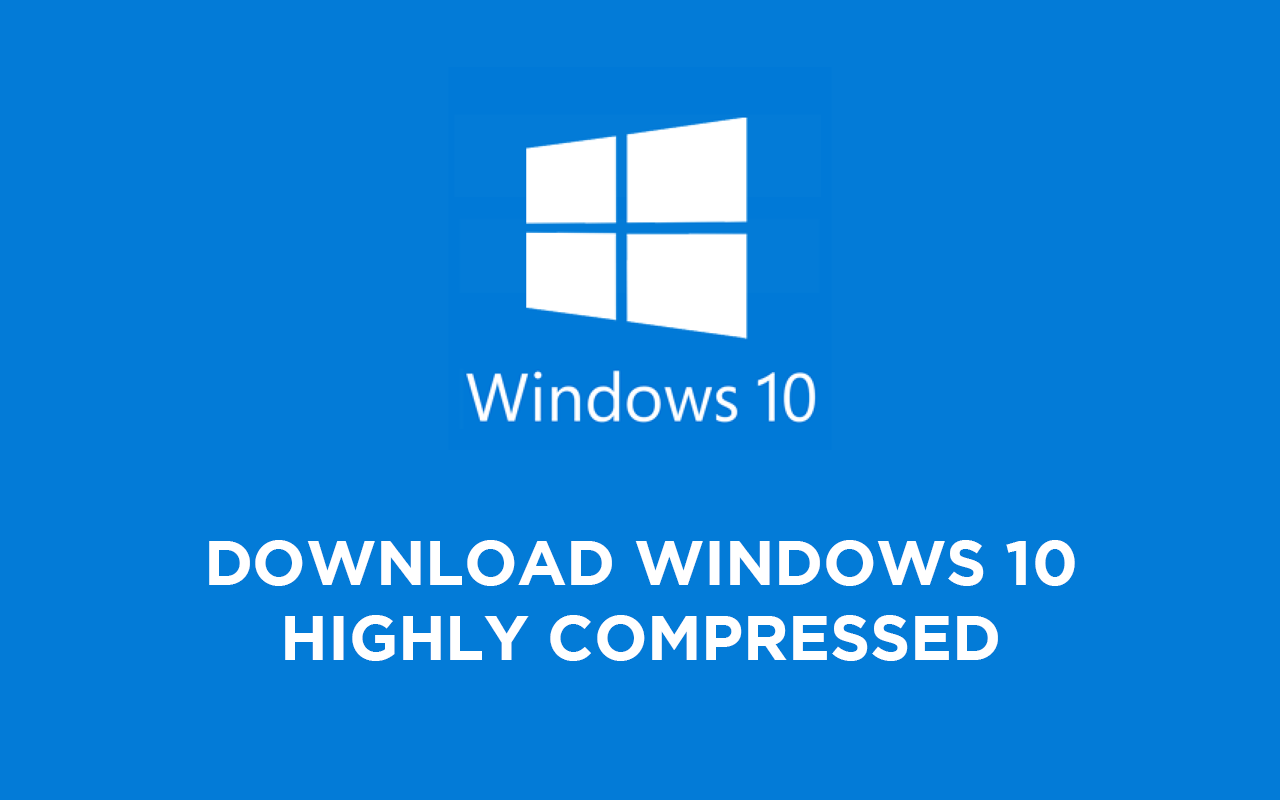Healthcare organizations that are determined to invest in HIPAA software have numerous options and they have to know what to look for in order to narrow down their choices. How much should an organization invest in such software? What are the features that matter the most? How important is the provider of the software? These are essential questions that will help them make an informed decision. Medical scheduling software among institutions that want to simplify the scheduling process and it provides a wide range of advantages.
Table of Contents
What to Expect of HIPAA Software?
HIPPA compliance is a major concern for healthcare providers for the last thing they need is to pay fines because of noncompliance or to risk the safety of their patients’ information. As such, there is an increased demand for HIPAA software that is available to those who work in the healthcare industry and who find it difficult to become HIPAA compliant. Organizations that are not familiar with all the HIPAA rules should use software to prevent and identify unauthorized disclosures and to make sure they are compliant.
HIPAA compliance experts have suitable software products that medical organizations can use to make sure they comply. According to an interesting article in HIPAA JOURNAL, “In relation to medical software applications, the term HIPAA compliant means that the app meets the technical and physical safeguards of the HIPAA Security Rule. In relation to almost any other circumstances, the term HIPAA compliant means you, the tools you use and the premises you work in comply with all the HIPAA Rules contained within our HIPAA Compliance Guide.” When selecting HIPAA software organizations have to make sure the package they choose has everything they need to be compliant.
Different software products have different features and it is entirely up to each organization to decide what it needs. What matters is that healthcare providers keep in mind the most important features such as:
- Being able to track who accessed the records, when and so on; also, being able to see the modifications made by each user.
- Being able to establish a certain level of access for each employee based on its specific role within the organization; this means that organizations have to customize the software according to their specific requirements
- Physical security and encryption- it is imperative for healthcare providers to secure their data
- Email and messaging- it is important to be able to send secure messages
- Backups and time- the software tool should offer backup of the data.
When to Use Medical Scheduling Software?
Patient satisfaction should be the main priority of medical providers, regardless of the size of their business. A lot of time is wasted with making appointments and this process can be easily simplified with the help of the right tool. Healthcare providers that want to eliminate appointment mistakes and to free up their resources should not hesitate to invest in suitable medical scheduling software. This is a wonderful tool for healthcare institutions and it can be used to simplify the booking process. Most patients like using technology and being able to make their own reservations without having to wait for an available receptionist and they appreciate organizations that enable them to do this.
Healthcare institutions that have a high volume of patients will benefit from medical scheduling software and all the advantages it brings. This tool enables organizations to manage patient schedules without any problems and to deliver a hassle-free booking experience. Patients and their overall satisfaction should matter to all healthcare providers. The relationship of a patient with the medical provider starts with the booking process and it makes sense to ensure that they have a wonderful experience from the beginning until the end.
Medical providers want to have a high volume of patients but this means more work for their employees and more errors. Dealing with a rise in patients requires the use of technology that is meant to simplify appointment scheduling. According to an interesting article in Appointment Plus, ” Due diligence and research should be conducted when selecting an appointment scheduling software provider, given the important role in could play in the operations of healthcare, medical or wellness facility.”
What to Look for in Medical Scheduling Software

Given the fact that scheduling tools vary significantly from one provider to another, it makes sense to know what to look for in order to simplify this process. Healthcare institutions that are eager to implement medical scheduling software should pay attention to the following aspects:
Features and functionality- organizations can opt for a standard tool or they can select one that can be customized according to their specifications. Those with unique scheduling needs will opt for the second version so that they can manage scheduling at multiple locations, handle a high volume of patients and so on.
Security- it is important to invest in HIPAA software to avoid compliance related issues.
Cost- the features of the software package and what it will be used for determine the overall cost.
Customer support- it is essential to be able to contact the software provider when in need of assistance.
Dependability- it is best to find a provider that you trust and that you can rely on; reputation, years of activity in the business are aspects that should not be overlooked by organizations that search for a software supplier.
Overall, the smartest thing healthcare organizations can do to make sure they are HIPAA compliant is to invest in the most suitable HIPAA software for their specific requirements. With the help of the right tools, organizations can take a huge burden off their shoulders and they can streamline some of their most important processes. After all, this is the whole point of investing in the latest technology. Patients seem to prefer healthcare providers that keep up with technological advancements and that do their best to make the scheduling process easier for them and to protect their personal information. Organizations that invest in their patients’ satisfaction will benefit from their loyalty in the long run.











![How to Unlock Bootloader without PC On Android [2022]](https://cracktech.net/wp-content/uploads/2019/02/unlock-boot.png)